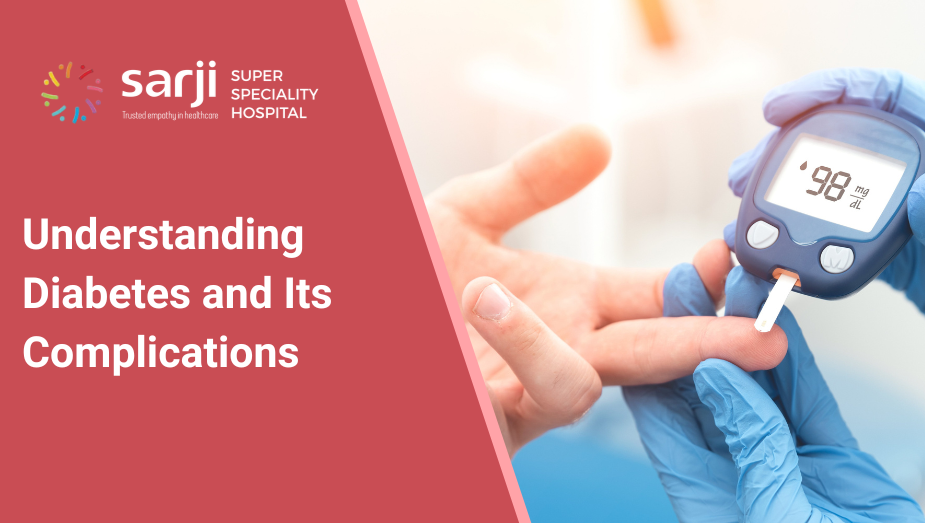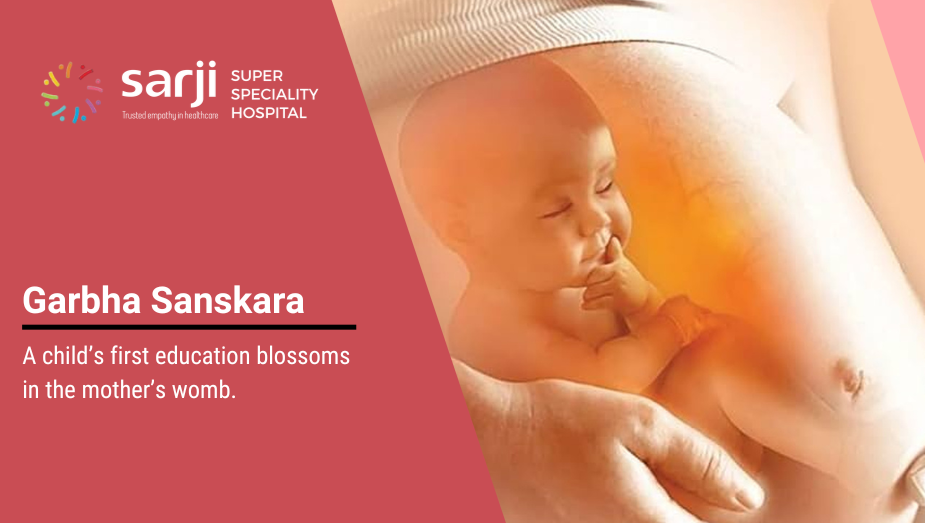Endoscopy is a minimally invasive procedure used by doctors to view the internal organs of the patient’s body and diagnose the issues. To perform an endoscopic procedure, doctors use an endoscope, which is a flexible tube with a camera attached to it.
As the tube passes through throat or rectum, an endoscopic can view and manipulate on the internal body parts. A doctor can use endoscopy procedure to see any of the body parts, such as:
- Ear
- Gastrointestinal tract
- Urinary tract
- Respiratory tract
- Reproductive system
Why Is Endoscopy Done?
A doctor may use endoscopy procedure to know the causes behind:
- Stomach pain
- Cancer of the digestive system
- Abdominal pain
- Gastrointestinal bleeding
- Polyps or growth in colon
- Ulcers or difficulty in swallowing
Also, an endoscopy can be used to take a biopsy to diagnose the disease and treat a digestive tract issue.
What to Expect Before the Endoscopy procedure?
Before an endoscopy, a doctor will do a physical examination and check the patient’s medical history, including prior operations, if any. At this stage, patients should inform the doctor about all their current medications, including over-the-counter drugs and nutritional supplements. A doctor may also ask a patient to stop taking certain medications to avoid excessive bleeding during the procedure. Depending on the body part to be examined through the endoscope, a patient may be asked to stop eating and drinking for a few hours before the Endoscopy.
What One Needs to Know About Endoscopy procedure
Endoscopic surgery is a surgical procedure which is done using Endoscopy. It is safe; the risk factors associated with it include infection, high fever, gastrointestinal perforation, redness and swelling at the incision site, drug reactions, bleeding, chest pain and persistent pain in or around the area of the surgery.
Endoscopic surgery special instruments are used to manipulate and operate on tissues and organs without making a skin incision. Thus, Endoscopic surgery is cosmetic very good. In GI Science, many new surgical procedures have been developed like ESD (Endoscopic Submucosal Dissection) for early gastric cancer and early esophageal cancer, POEMS (per oral Endoscopic Myology Surgery) for achalasia cardia etc.
After Endoscopic surgery patient recovery is very early and acceptance of the procedure by patients is very high.
Immediately talk to the doctor if there are any of the following symptoms appear after endoscopy surgery:
- Chest pain
- Fever
- Abnormal stool
- Severe abdominal pain
- Shortness of breath
Note, it is not an exhaustive list of symptoms, and therefore, reaching out to the doctor in case of any discomfort post-surgery is advised.
What to Expect During the Endoscopy procedure?
A patient may be given a local anesthesia to numb the specific area of a body part along with a sedative to relax during the surgery. A doctor will carefully insert the endoscope into the body, and throughout the procedure, the healthcare team will monitor the patient’s blood pressure and heart rate.
Nowadays, in a new innovative procedure many doctors use a capsule endoscopy procedure in which a patient is asked to swallow a capsule containing a tiny camera. The images of the digestive tract are captured and transmitted to a recorder tied to a patient’s waist.
What to Expect After the Endoscopy procedure?
After the endoscopy, a patient may experience mild side effects like dry throat, sore, bloating and gas, which may disappear in a few hours. If the person has fully recovered, the doctor may discharge the patient. If the doctor has used sedation during the surgery, the patient should be taken home by another person. Also, the patient should stay away from driving or operating any machinery for the rest of the day. At the time of discharge, a doctor may also devise a follow-up schedule for the patient.
Doctors

Dr. Thimmaraj Nayaka N.S.
Consultant Surgical Gastroenterologist & Laparoscopic Surgeon
Experience: 15+ Years
View







